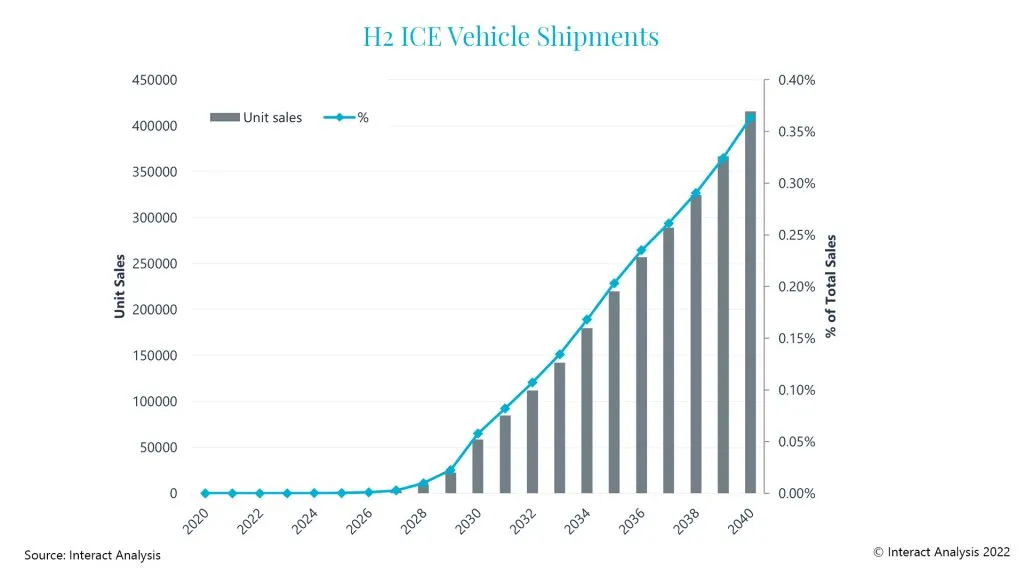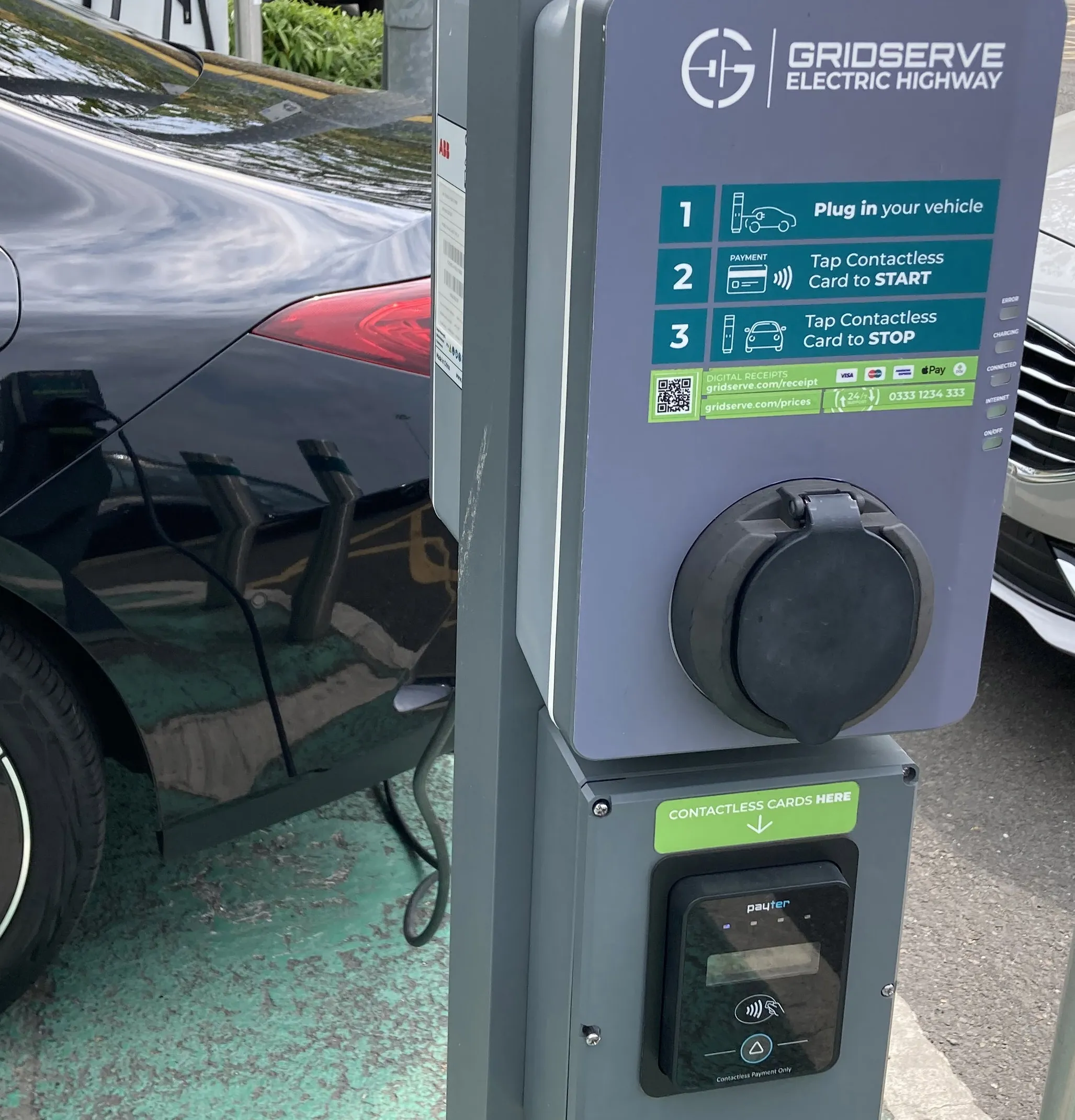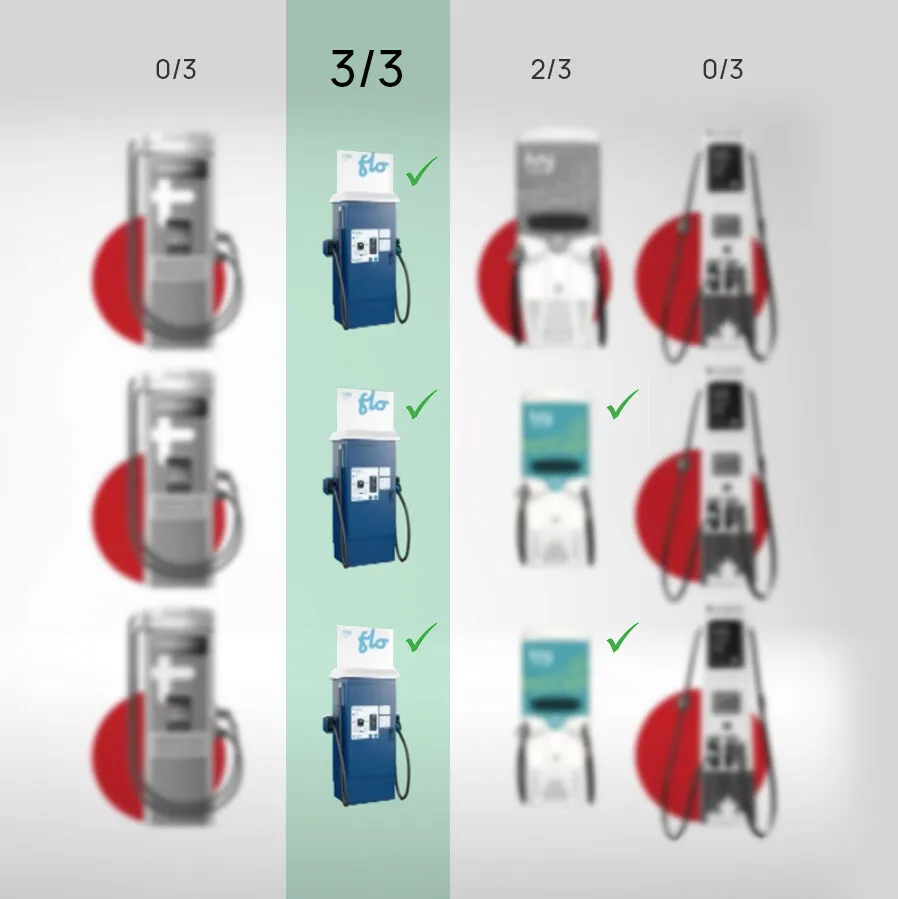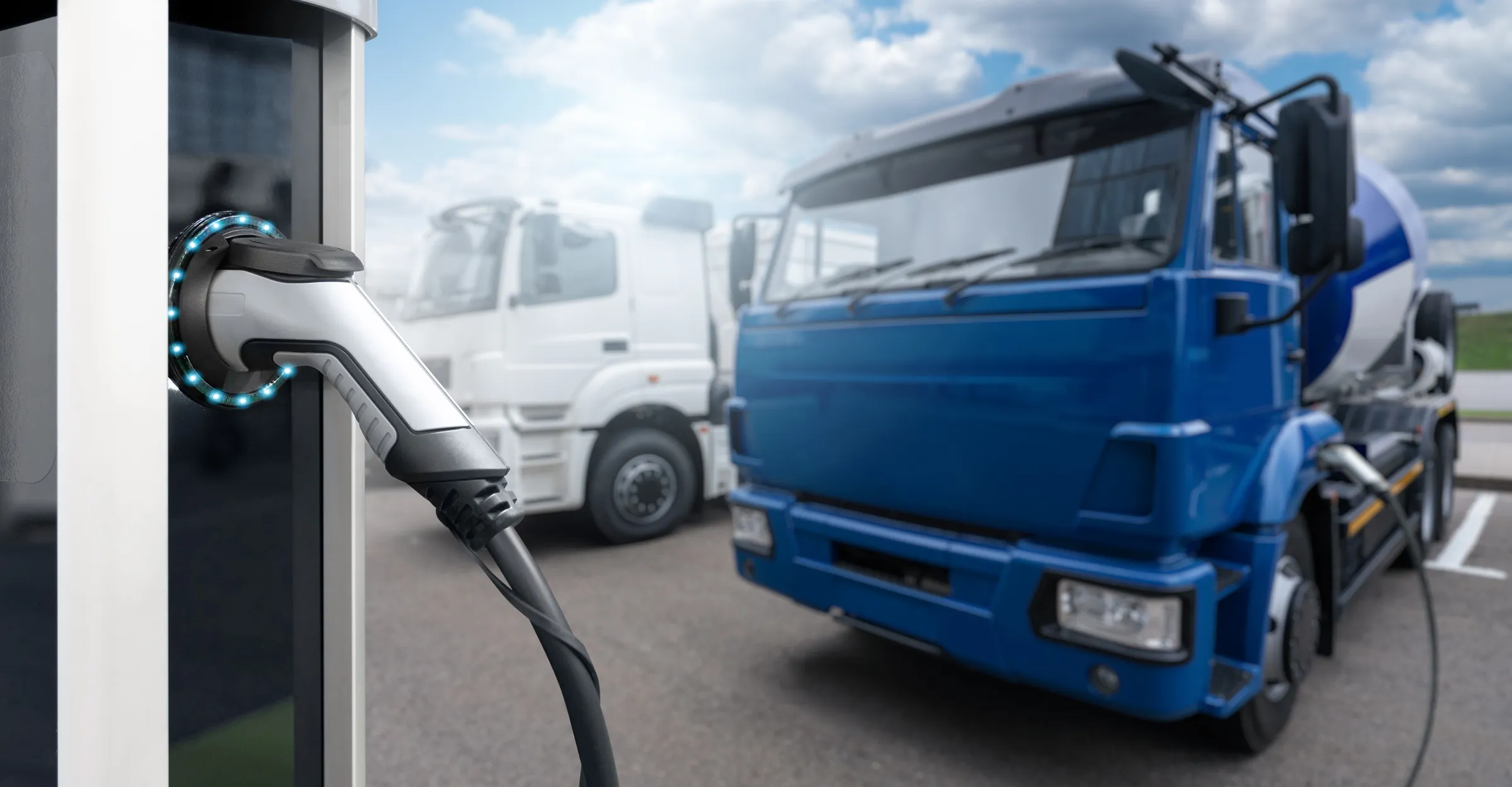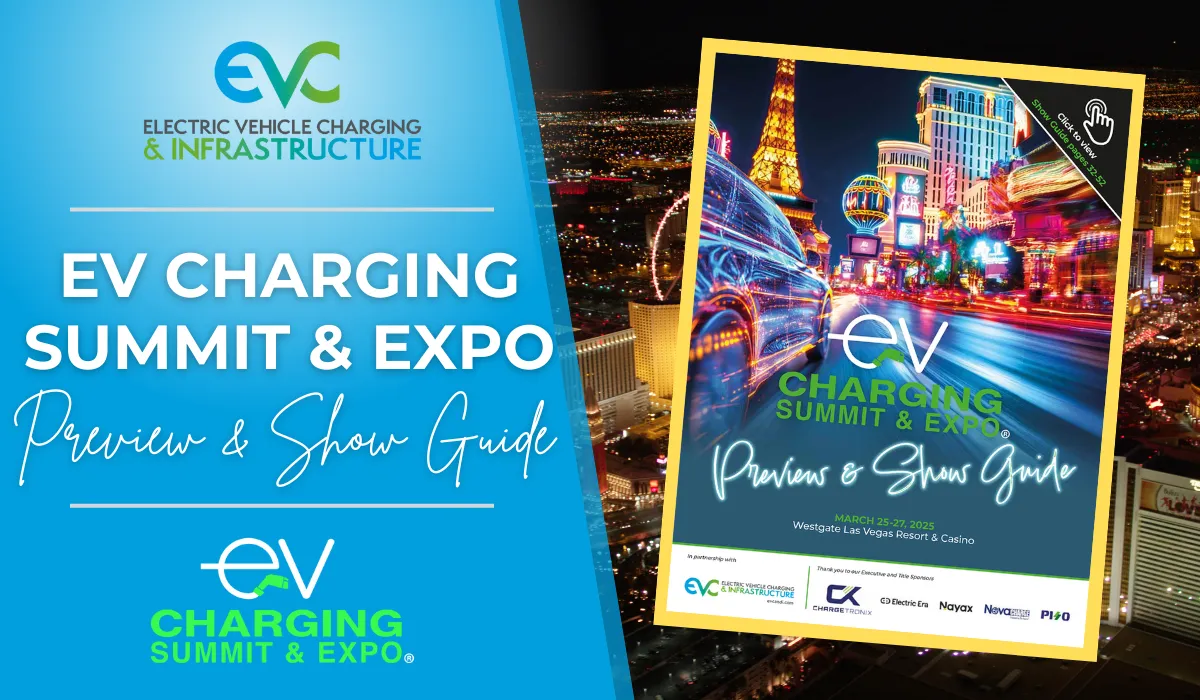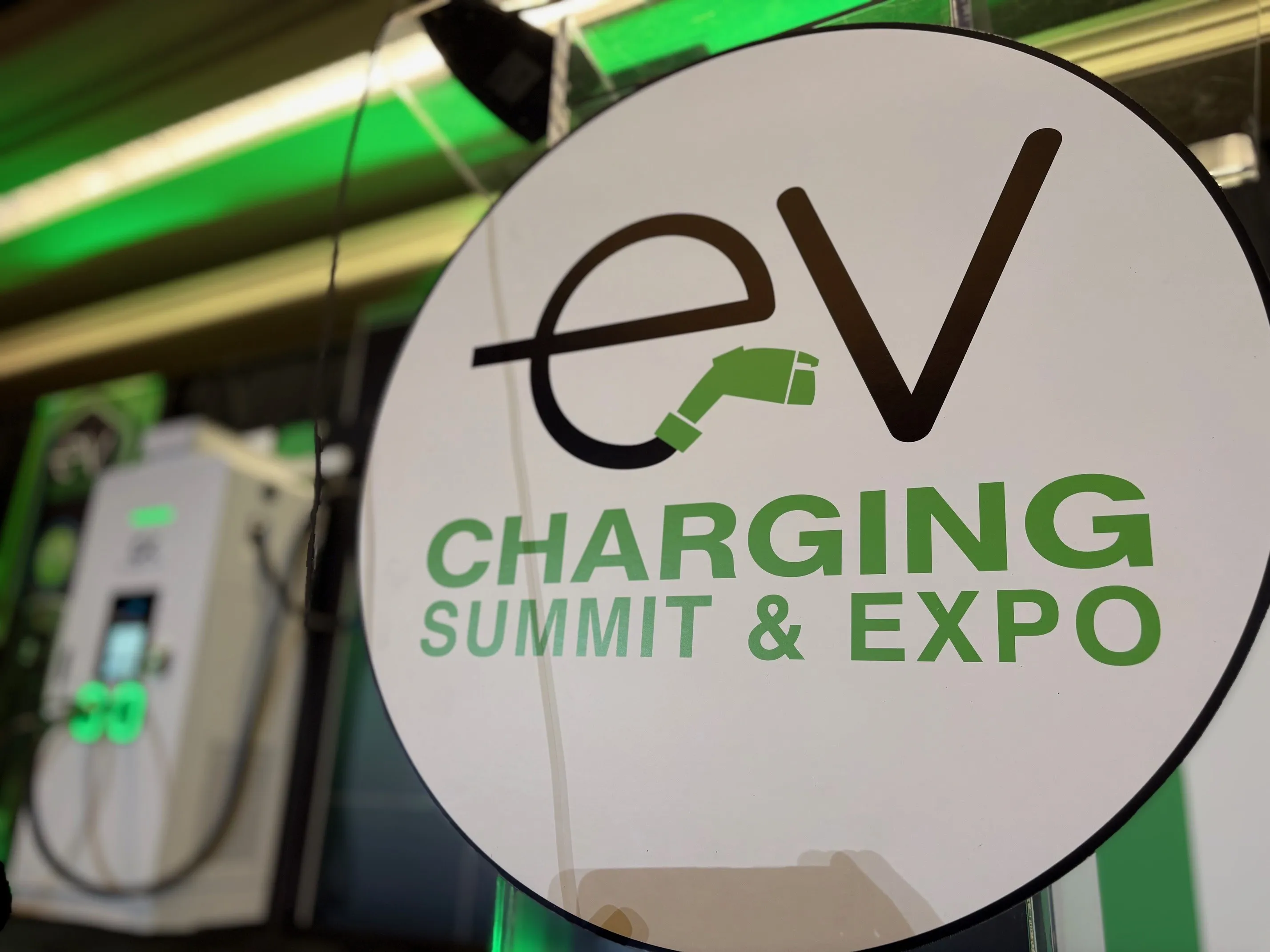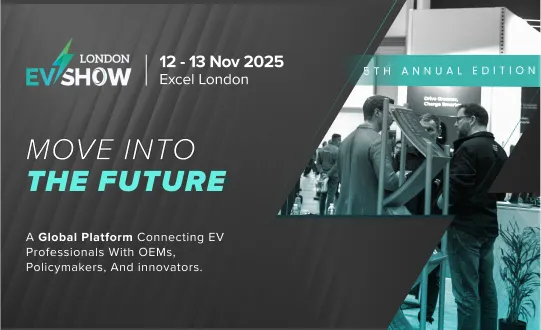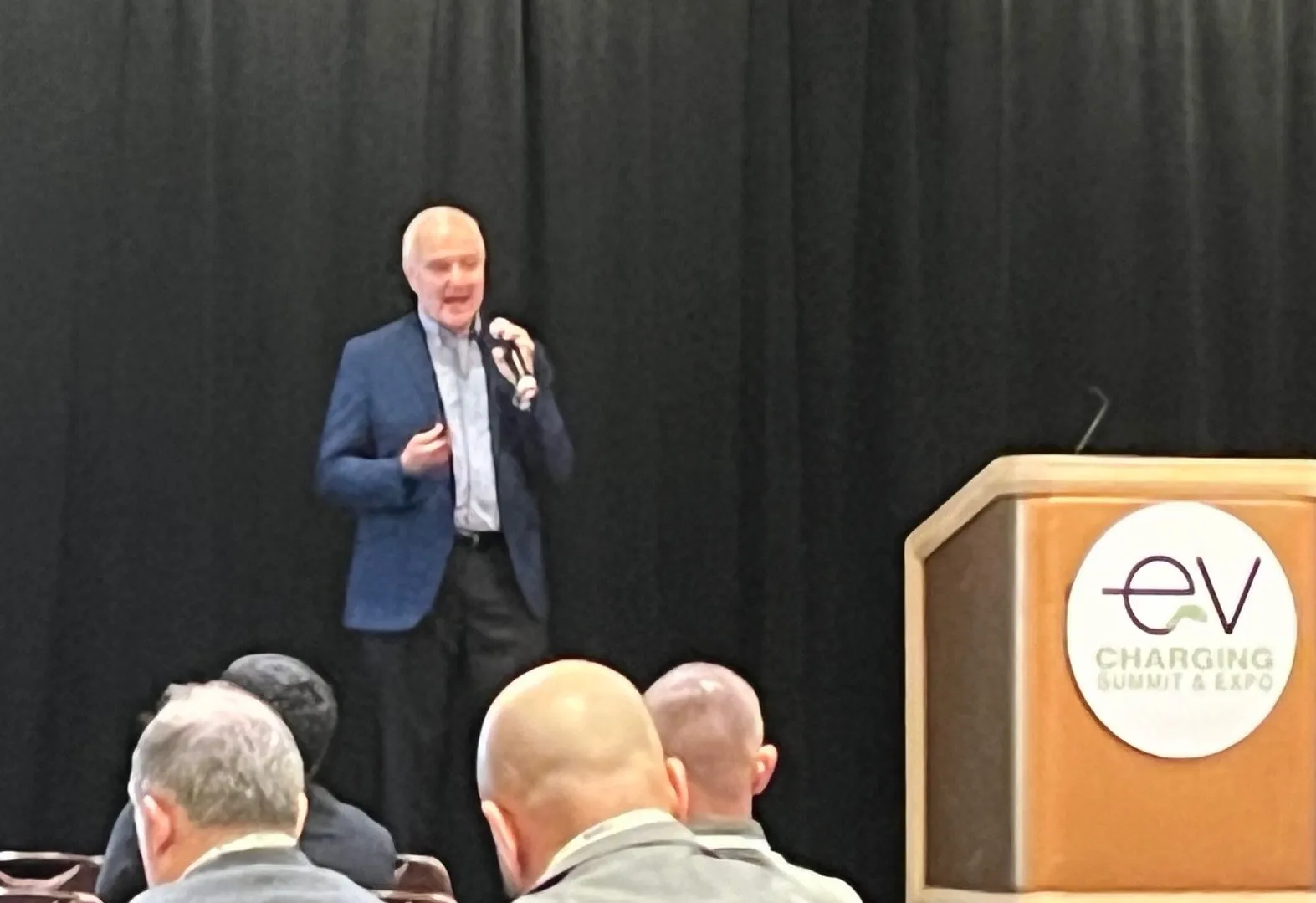
That was one of the developments that was highlighted during a presentation by Carl Lisek, executive director of clean cities initiative Drive Clean Indiana, on the first day of the EV Charging Summit and Expo in Las Vegas.
"State by state we are hearing this is becoming a bigger issue than the Federal Government had anticipated with stations falling short on uptime," said Lisek. "There are issues across the country with software not working on charging apps, even if the station is actually working properly."
He added that NEVI funding is hugely beneficial to those looking to deploy charging infrastructure because it includes all aspects of a project, including labour costs for installation and maintenance.
Lisek said that there is a rapid learning curve that needs to be done by some public officials involved in handing out the NEVI funds who may not have previously worked in the EV sector, and that the more communication that takes place between the parties involved the better.
"Don't think you will apply for a grant and be immediately successful, and don't give up if you are not accepted initially. Start builing your partnerships and grant applications now," Lisek said.
Lisek said that partnerships are key to a successful EV charging project and a teamwork approach is very important.
He added that those looking for project funding need to register straight away at the Grants.gov website. "Applications are handled through this, and you need to register here to apply for funding - this is step number one," said Lisek.



